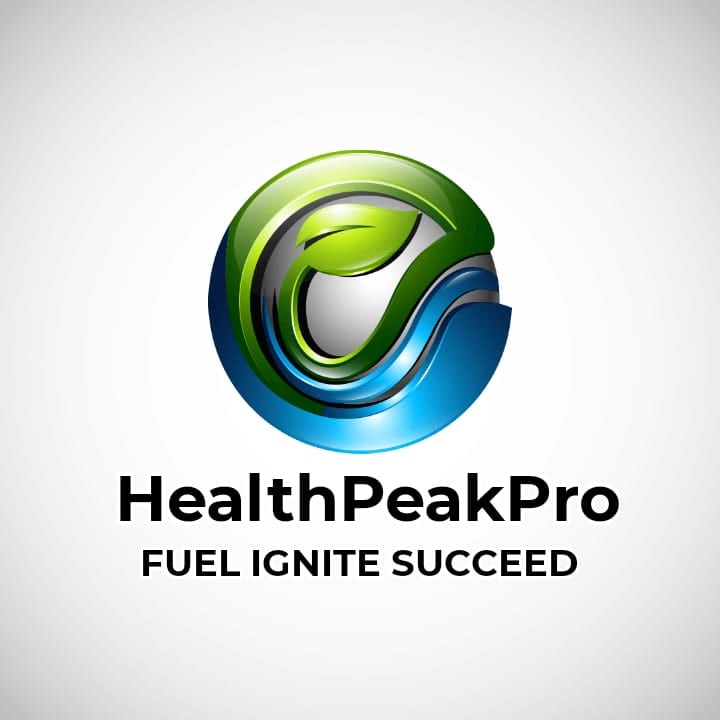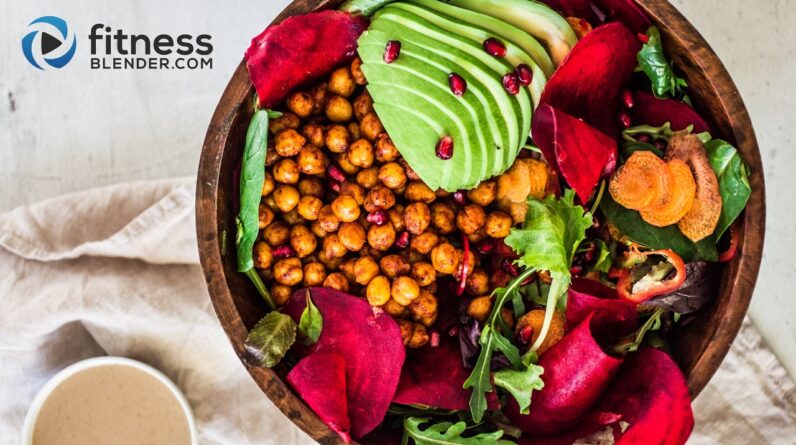Aging is a process we are all experiencing right now, however, men and women go through different phases, and these will affect us as athletes. Therefore, understanding the process enables us to be able to adapt our training accordingly.
Now, in specifics today, we are focusing on the menopause, which obviously directly affects 50% of the population and indirectly affects the other 50. Therefore, I feel it deserves some attention and we’re actually going to be speaking to a GP and an athlete who is currently going through.
This stage of Life ticket gives a real insight into the topic. I feel it’s time to unwrap the taboo and open up the conversation between Sport and the menopause [ Music ]. Thank you, [, Music ]. I guess we should start with a clear understanding of what we mean when we talk about the menopause and what exactly is happening physiologically.
Your ovaries are slowly shutting down; they’re, slowly, stopping ovulating, which means that your periods will slowly come to an end and stop. Your fertile years are over and your hormones go through this kind of roller coaster, which is the perimenopausal years and then finally Flatline.
So you become postmenopausal, which is physiologically when you we Define it. We say when you haven’t had a period over the age of 50 for one year or if you haven’t had a period for two years between 45 and 50, then you are postmenopausal.
That was Dr Bella Smith, founder of the well HQ she’s, a GP who specializes in women’s health, but has also completed her first triathlon last year. So I’m delighted to say we’ll be hearing more from her.
But first a quick reminder. If you’d like to support the channel, you can do that by subscribing back to the subject at hand. The menopause is sadly still quite a taboo word and, as a result, it has various different terms.
In fact, the next voice we’re about to hear from was the change of life. I guess it’s something that we don’t want to talk about, that much as the symptoms can be undesirable, to say the least, but we’re not going to shy away from those today.
However, we are going to be looking at how you can manage this period of life, and a bit I’m most excited about is how sport can really help [ Music ]. We now know what it is, but how does it actually affect women? Michelle Dillon, who represented team GB in Triathlon at the Sydney Olympics, is approaching her 50th birthday, and she has spoken really openly to me on how she’s actually experiencing the menopause herself, so it all started around about a year ago.
Um and to be honest, I mean I would just go about my normal day today. I would be training normally in the morning and then perhaps maybe in the afternoon as well or lunch time in between work and stuff and my morning session I would come off pretty much on a high, but I started to feel quite depleted.
Um, not in a depleted way of oh. This has really taken a lot out of me. It was more like I felt quite low in my mood, which for me was really unusual, because I don’t really have I’ve never really experienced that you know I’ve.
Always been sort of like a really you know, kind of like bouncing off the walls type of person, so this was a bit of a sort of um like I was kind of like trying to sort of tap into like. Why am I feeling like this um and then obviously, then I started to skip some periods um, but it kind of got to a point where the symptoms for me got worse.
It was blotchy skin, like I said, has really bad breakouts um, really dry skin um. You know irritability um. You know I just felt really different in my mood like for myself and – and you know I mean I didn’t turn into a monster, but I definitely was definitely probably for stew.
It was difficult, like well different for me to live with, so he was just like you’ve changed. In fact, Michelle had a lot to say on this topic, and am I doing too much talking by the way Michelle went on to discuss her journey through these changes, including how hormone replacement therapy has actually helped her, but she admitted she felt very much figuring things Out so one thing I am learning is this: stage of Life affects Every Woman differently.
However, there are a few things in common, and one in particular is the fact that the bone density will decrease and so much so that one in two women after menopause, actually experience osteoporosis.
That is a rather scary statistic, and it’s actually made worse by the fact that a lot of women naturally stopped doing sport when they reach that stage of life. In fact, some research done by women in sport back in 2017 showed that 30 of women stop altogether, and this is where I feel we need to emphasize is the importance of sport, and that is something that Bella with her GP hat on is very much aware Of so, but basically, we’ve got to use gravity to put strain through our skeletons basically, and it doesn’t have to be.
You know, like you, know, there’s guidance that says you have to do 150 minutes of moderate intensity exercise per week, Etc. In terms of Bones, it’s like you’ve got to use. What’S around you, you don’t necessarily have to lift a certain amount of weight.
You can use body weight, you can do walking, you can do dancing. You can do running you, but as long as you are it’s impact where you are feeling the the pressure on the earth um that regularly and if you can incorporate that into your lifestyle, that is Key Lift, I think I mean because obviously you’re dealing with athletes, I’M as a GP I’m dealing with often women of Every Generation Um who aren’t necessarily that active, but they it’s it’s, there’s a whole sort of generation of women that haven’t been lifting weight so have never lifted weights.
And now it’s a case of you need to start thinking about it. Um, you know, even if it’s sort of um using a personal trainer or someone that’s going to help you. But it is trying to uh just little and often and as I say, with the injury side of things, it’s just trying to just keep on top, because just using your bone density and your muscles regularly is just going to keep and prevent that slow wasting.
Due to the lack of estrogen, we know about the physical benefits, but both Bella, and Michelle talk to me about the importance of managing mood, stress and overall mental well-being. In fact, cortisol. The hormone that’s responsible for the stress response was described to me by Bella as becoming rather chaotic during this period of life, and it’s no longer as straightforward as going out for a hard run or a hard workout to clear your head.
There are actually a few more factors you need to consider. It’s important to try and avoid fasted training, as this has proven to up your cortisol levels. Staying hydrated becomes even more important.
There’S evidence that changing up your training is useful, so make sure you include strength and Mobility as well as your cardio work. There’S actually, science that shows green exercise so being outdoors for your exercise can really help and finally, reframing your.
Why make sure you’ve got that motivation, remembering the exercise makes you feel good foreign [, Music, ] advert for doing Triathlon or at least swimming cycling and running? Yet there is quite a difference in doing these sports for your health and well-being compared to doing them to compete, and this is something that Michelle, an incredibly successful age group athlete as well as a coach of menopausal women knows all too well.
I think I just know that it’s really important um, you know getting the best, and I also listen to my body.. I’ve always been the one to sort of listen to my body later on in my sporting career, because when I was younger, I really smashed myself to pieces.
You know, but there’s no harm in having an afternoon off like if you had something just because it’s scheduled in the program, it doesn’t mean you have to stick to it if things aren’t feeling right like like a few days ago, when I started to have this, I didn’t feel right, you know I had the pains like I was scheduled to go for a swim, and I thought you know what I’m actually not going to go for this women and it doesn’t mean you know you have to make that session up somewhere else, Because you missed it, it just means that you’re being sensible and actually you’re bounced back a lot stronger tomorrow, because you actually took the time out for yourself to take that rest and recovery and not just physically but mentally as well, because mentally it there’s there’s so Much it’s so it’s so connected like, like you say, with with a lot of things with your body, and if you overdo things like you, can just
exhaust yourself to the point of you know your coping mechanisms go out the window and you you just don’t have The motivation and the drive that you would normally have when you’re coming into sessions a lot fresher for sure.
So I am careful with my training and I’m very careful with also the athletes I coach around my age as well, because not that we’re just getting old and we’re not able to cope with the load anymore um.
But I always worry about that red line on injuries as well, not just about yeah bone health, but everything really just like you know if you know where that red line is be careful not to you can get close to it, but just not to go over It when you’re training yeah that’s really important to me and to the athletes I coach now as much as I want exercise to be the answer for every problem.
It’S important to get across that as much as it can help women navigate this stage of Life. There was certainly no one prescription fit or and an area that I’ve not actually delved that much into, but both Bella and Michelle spoke to me about was the use of hormone replacement therapy as a way to help manage your symptoms.
And I would suggest that if it is something you’re interested in or want to look into that, you should go and speak to your GP about it. I have certainly learned a huge amount from speaking to both Bella and Michelle.
I’Ve hopefully managed to share enough of that with you, but I would seriously recommend checking out the book, the female body Bible co-written by Dr Bella, looking at Health and Fitness for Women. If you want to educate yourself further on this topic and if you just want some inspiration from a woman nailing it in Triathlon, as well as coaching people going through this stage of Life, why not give Michelle Dillon a follow on social media and we’ll include the Link to both of those in the description below, but I just want to finish by saying a massive thank you to Dr Bella and to Michelle for being so open and helping us break this taboo and a big.
Thank you to you for watching.








